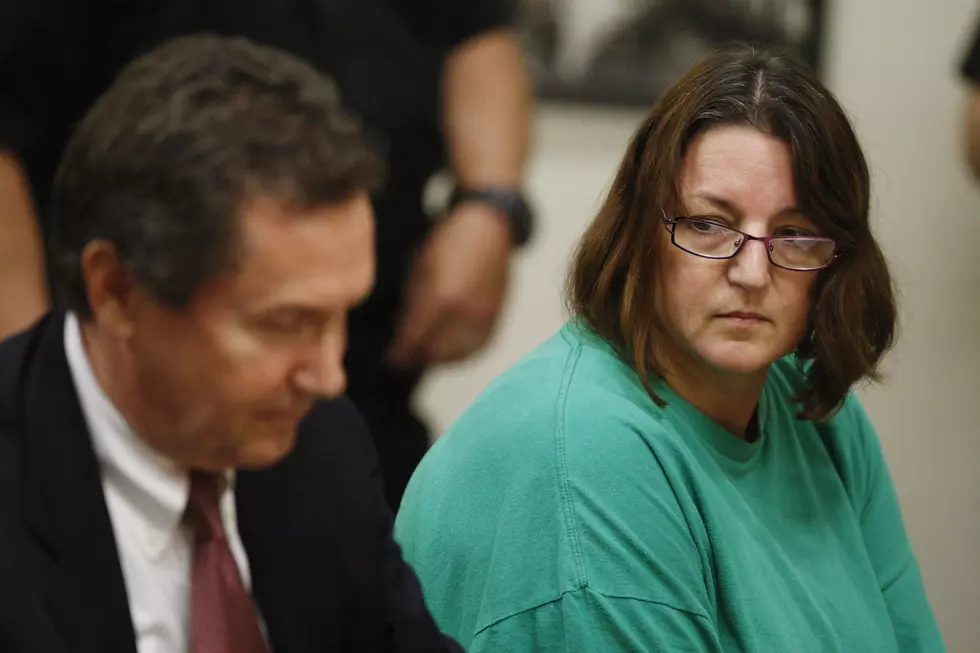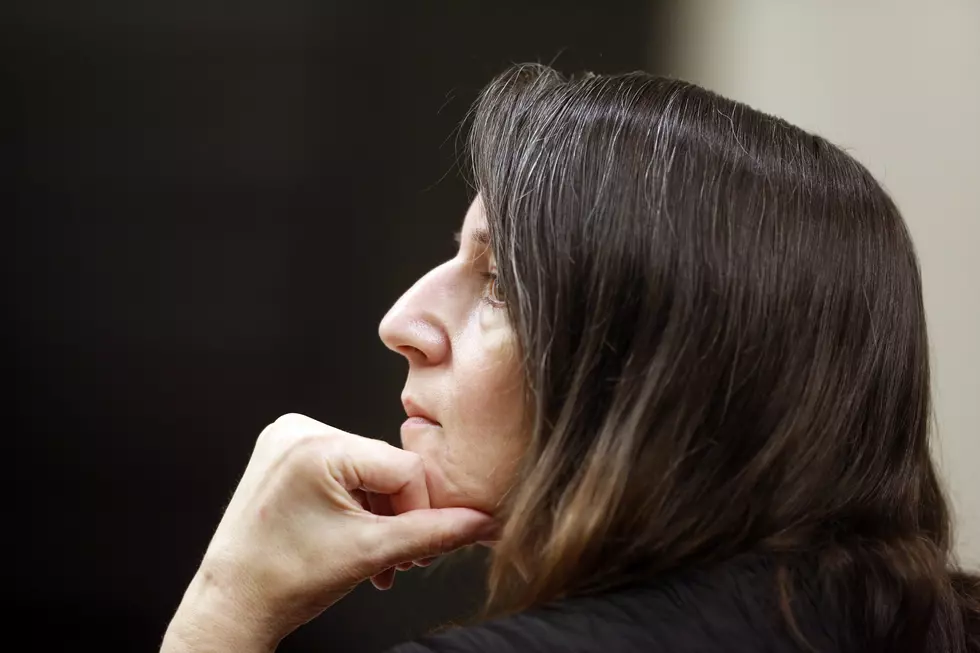
Mom’s trial for ’91 killing highlights cold case challenges
An anonymous tip that went nowhere and a 25-year-old blanket could be responsible for solving one of New Jersey's most enduring murder mysteries -- was 5-year-old Timothy Wiltsey killed by his own mother?
Jury selection is scheduled this week for the murder trial of Michelle Lodzinski, whom authorities have portrayed as a struggling single mom who blamed her son for a pair of failed romantic relationships. A conviction would provide a measure of vindication for generations of investigators who never bought Lodzinski's claim that Timothy was abducted from a carnival in May 1991.
In an age when countless true-crime shows depict suspects routinely tripped up by DNA extracted from a microscopic fiber or bead of sweat, the case against Lodzinski -- with no DNA evidence and no eyewitnesses -- will focus attention on the challenges inherent in prosecuting and gaining convictions for long-ago crimes.
"I have seen cold cases with nothing but very small circumstantial evidence be convicted successfully by juries, and I have seen others where physical evidence is overwhelming, yet the actual murderer walks free," said Kenneth Mains, founder of the Williamsport, Pennsylvania-based American Investigative Society of Cold Cases, a nonprofit organization of professional investigators that assists law enforcement.
Middlesex County prosecutors are expected to focus on the evidence that led to Lodzinski's indictment in 2014: Her niece's identification of a blanket found near Wiltsey's body in April 1992, in a marshy area not far from an office where Lodzinski worked. The niece, who often babysat the boy, hadn't been shown the blanket at the time his body was discovered, according to prosecutors.
Even if DNA connected Lodzinski to the blanket, it wouldn't necessarily guarantee a conviction. While advances in DNA testing have led to more convictions -- and exonerations -- in cold cases in recent years, Mains said, they are not always a slam dunk. In 2012, a Florida jury acquitted a man of sexually assaulting and murdering a woman in 1984, even though DNA linked him to semen found on the victim's body. Similarly, eyewitness testimony, even from an alleged accomplice, won't always convince a jury.
Lodzinski, 48, who was living in Port St. Lucie, Florida, when she was arrested, had told police she lost track of her son at the carnival, then changed her story several times, saying variously that two men or a woman and two men with a young girl abducted Timothy.
No eyewitnesses saw him with her at the carnival with or without a blanket, according to authorities. Prosecutors are expected to present a theory to the jury that Lodzinski never took her son to the carnival, but instead killed him and wrapped him in the blanket before dumping the body.
Defense attorney Gerald Krovatin said he plans to cast doubt on that theory by pointing out that no forensic evidence ties Lodzinski or her son to the blanket. He said he plans to present witnesses familiar with Lodzinski's apartment who will say they don't recognize it.
Middlesex County Prosecutor Andrew Carey declined to comment on the case last week.
Though Lodzinski was considered a suspect from early on, it was a chance encounter that rekindled the investigation in 2011. In a transcript of grand jury testimony that was attached to a defense filing, an investigator described how an anonymous caller said he had information about the case. The tip wound up referring to a boy named Tommy, but it spurred Middlesex County investigator Scott Crocco to revisit the case file, and, eventually, to interview the niece about the blanket.
Absent eyewitness testimony or forensic evidence directly tying Lodzinski to the crime, Krovatin said he expects prosecutors to highlight Lodzinski's romantic and financial difficulties.
"Their entire case is going to be built around character assassination," Krovatin said. "They'll be trying to demonstrate she was a bad mother. And we're going to have as much evidence, if not more, that she was a good mother."
(Copyright 2016 The Associated Press. All rights reserved. This material may not be published, broadcast, rewritten or redistributed.)
More From New Jersey 101.5 FM









